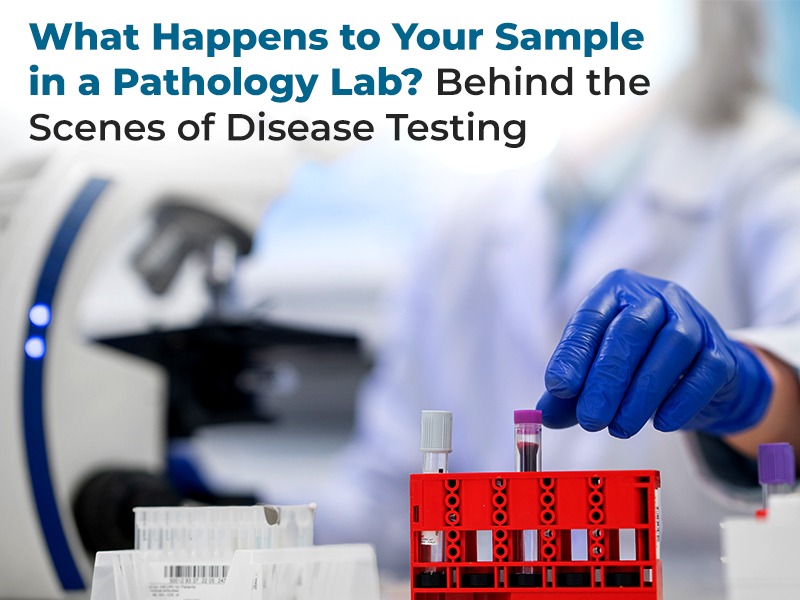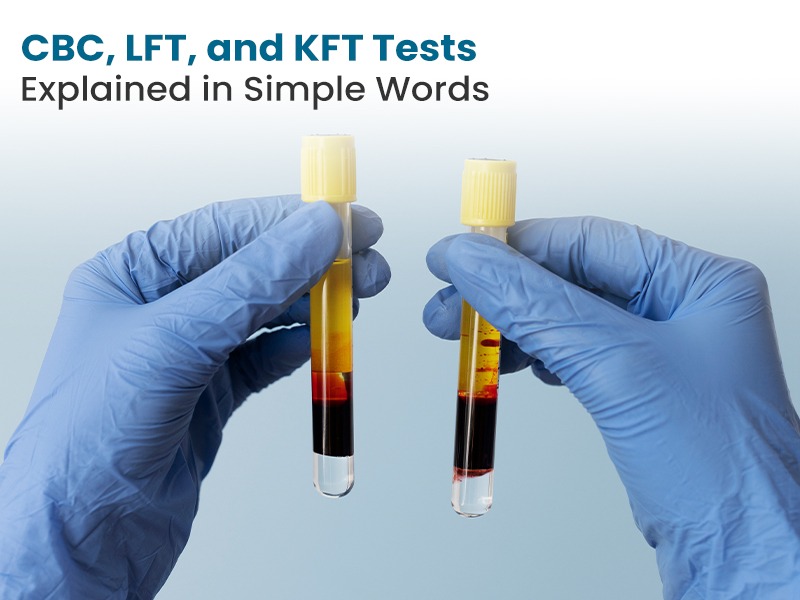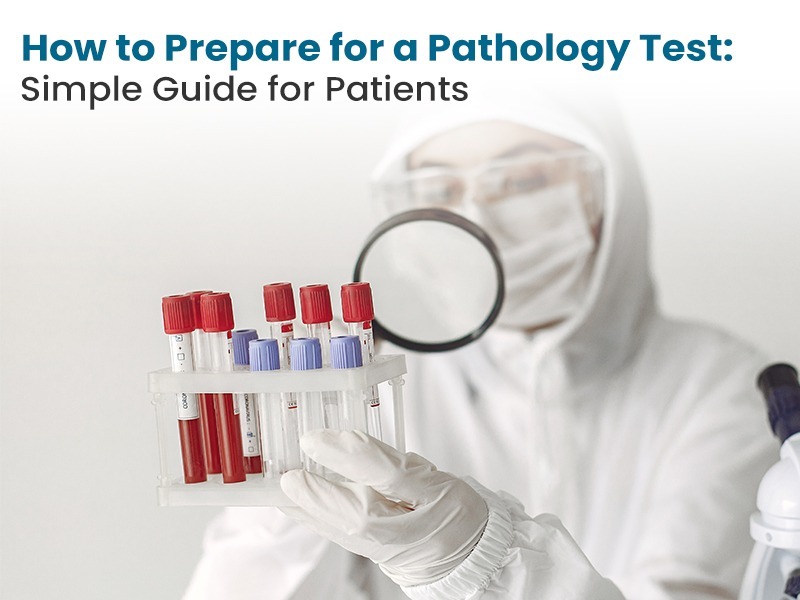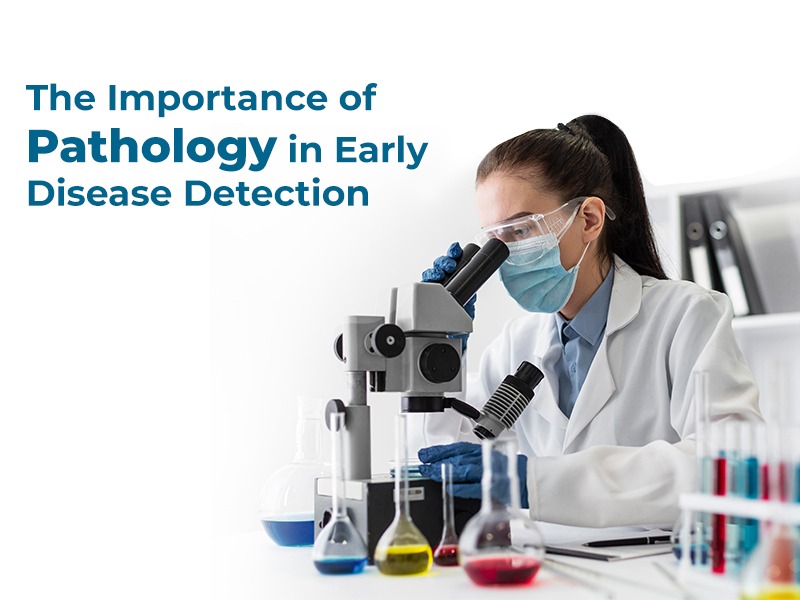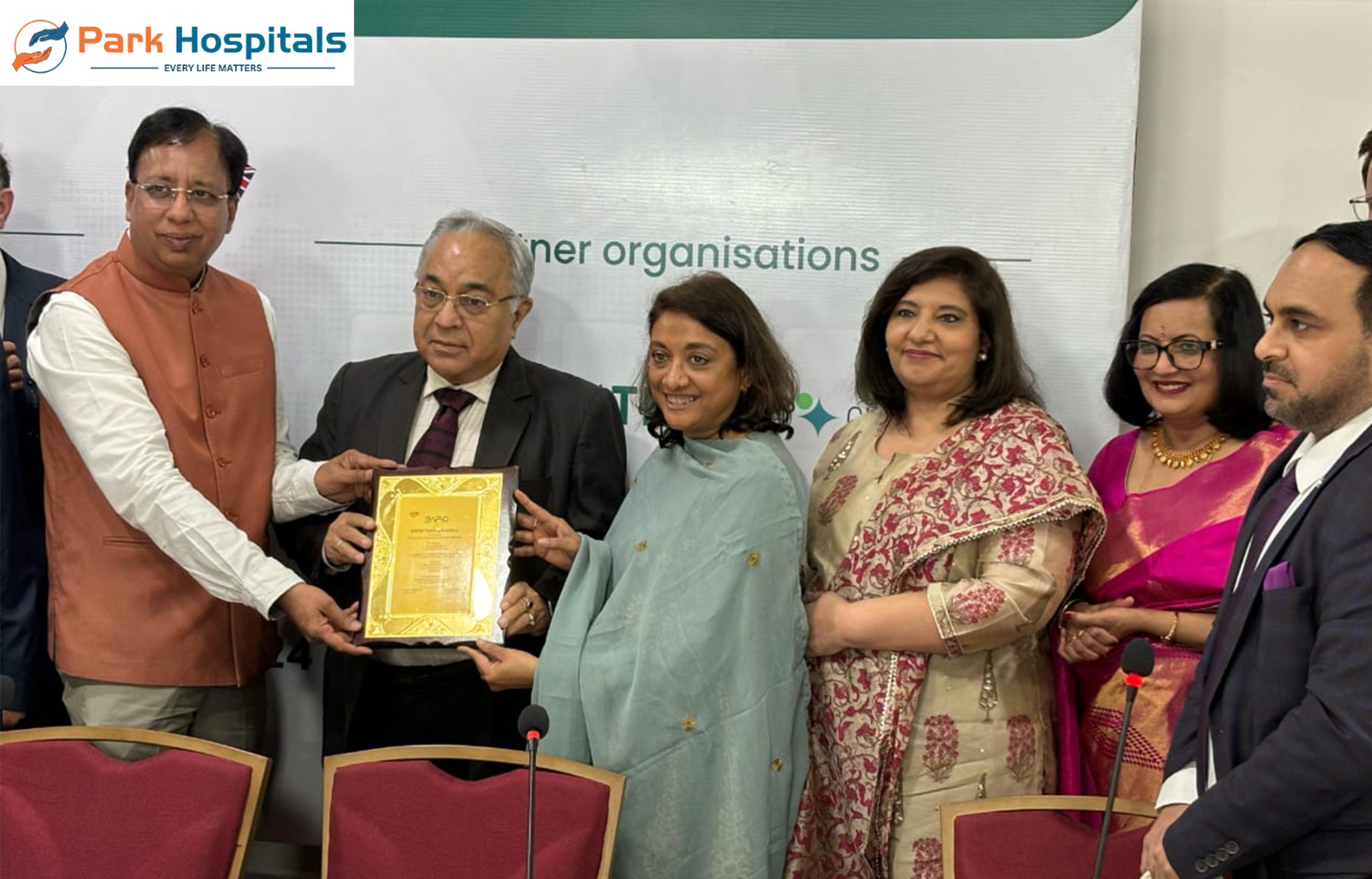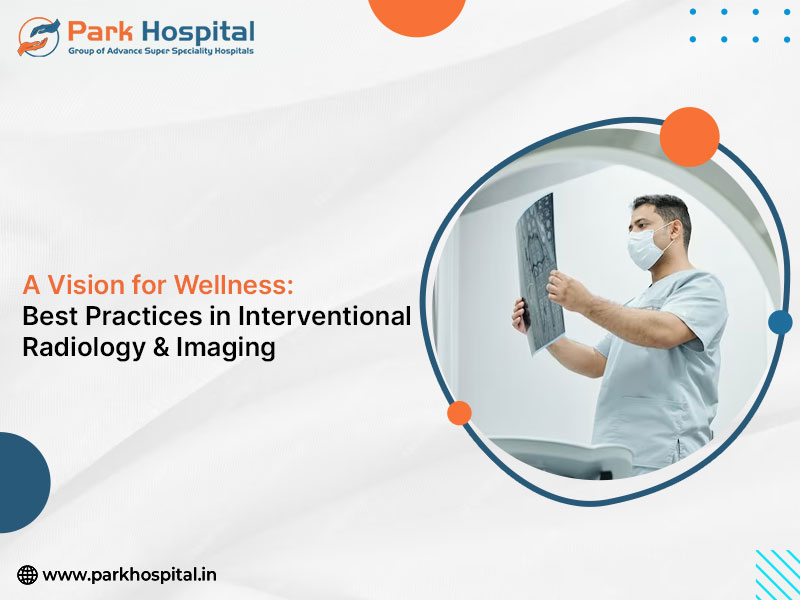Have you ever wondered what happens to your blood, urine, or tissue sample once it leaves your hands and goes into the pathology lab of Park Hospital? It's like a little mystery unfolding behind closed doors, where a team of experts works diligently to decode the secrets of your health.
Let's take a peek behind the curtains to understand how these Pathology labs in Gurgaon and other locations ensure you get accurate results that can guide your path to a healthier life.
The Journey of Your Sample
Collection and Labelling
The journey begins with your sample being collected at a clinic, hospital, or even your home. Labelling is the first and most critical step, whether it's a blood test, a throat swab, or a urine sample. Each sample is tagged with a unique identification code. This ensures there's no mix-up, as accuracy is paramount.
Have you noticed the phlebotomist (the person who draws your blood) double-checking your details? That's because a tiny error here can create a big mess later!
Transportation
The samples are then transported to the pathology lab in carefully maintained conditions. Some samples require cooling, while others must be kept at room temperature. Special containers ensure they stay uncontaminated and fresh.
For instance, blood samples may be stored in vials with anticoagulants to prevent clotting before they reach the lab. Every minute detail counts!
Inside the Lab
Now that your sample has reached the near me pathology laboratory, it's time for further steps.
Sorting and Preparation
Lab technicians first sort the samples based on the type of test required. For instance, if specific tests demand, a blood sample might be separated into plasma and cells. Urine samples might undergo centrifugation (a spinning process) to separate particles for microscopic examination.
Pathology labs work like a well-oiled machine, with experts knowing precisely what needs to be done for each type of test.
Testing
This is the step where the primary step of the process takes place. Depending on the test ordered, different techniques are used:
● Automated Testing Machines: For tests like blood sugar, cholesterol, or kidney function, machines analyse the samples quickly and accurately. These are highly sophisticated and can process hundreds of samples in a day.
● Microscopic Analysis: Technicians use potent microscopes for things like infections or cell abnormalities.
● Culture Tests: If your doctor suspects an infection, your sample might be placed in a culture medium to see if bacteria, fungi, or viruses grow. This takes a bit longer, usually a few days.
● Biopsy Analysis: If it's a tissue sample, it's examined at a near me pathology laboratory under a microscope to detect diseases like cancer. Special stains are often applied to make abnormalities more visible.
Quality Checks: No Room for Error
Labs follow strict quality control protocols to ensure your test results are accurate. Every step, from sample handling to result interpretation, is double-checked. Many labs in India, especially NABL-accredited ones, use international standards to maintain reliability.
If a blood test shows abnormal results, lab staff might repeat the test or use another method to confirm it. They leave no stone unturned!
The Final Step: Your Report
Once the tests are complete, the results are interpreted by pathologists—specialist doctors trained to analyse lab findings. They add their expert opinion and finalise your report.
With the advent of technology, many labs now send digital reports directly to your phone, saving time and effort. Some even provide consultations if you need help understanding your results.
Why is it Necessary For You to Know?
Understanding the journey of your sample not only makes you appreciate the science behind disease testing but also helps you make informed decisions about your health. Here are a few tips:
● Choose a trusted lab: Accredited labs with experienced staff and advanced equipment like Park Hospital's ensure better accuracy.
● Prepare appropriately for tests: If fasting is required, stick to it. This can significantly affect your results.
● Ask questions: Don't hesitate to ask your doctor or the lab about the test process or your results.
Behind Every Report, There's a Story
The next time you hold a test report in your hands, remember the incredible journey your sample has been through at pathology labs in Gurgaon. From collection to analysis, a dedicated team of professionals ensures that your health story is told accurately.
At Park Hospital, this journey is enhanced with state-of-the-art pathology labs, cutting-edge equipment, and experienced specialists who prioritise precision and patient care. Our NABL-accredited labs ensure that every step—from sample collection to final report generation—is handled accurately and professionally.
Staying healthy isn't just about getting tested; it's about understanding your body and trusting a reliable healthcare partner.

